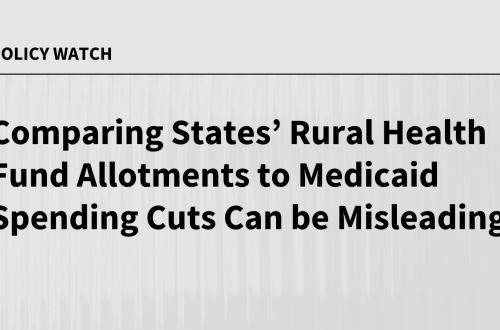Article Summary
The 78th World Health Assembly (WHA78), held from May 19 to 27, 2025, in Geneva, marked a pivotal moment in global health governance. Under the theme “One World for Health,” the assembly brought together WHO Member States to adopt critical resolutions, including the historic WHO Pandemic Agreement, aimed at preventing future pandemics. Key discussions focused on Universal Health Coverage (UHC), climate and health, and health financing, with a 20% increase in assessed contributions to WHO’s budget. The event also highlighted advancements in addressing noncommunicable diseases, health emergencies, and digital health innovation, reaffirming global commitment to equitable and resilient health systems.
What This Means for You
- Enhanced Global Health Security: The WHO Pandemic Agreement ensures better preparedness and equitable access to health tools during future pandemics, directly impacting public health safety.
- Increased Investment in Health Systems: The 20% budget increase for WHO signals stronger support for global health initiatives, which could improve healthcare access and quality in your region.
- Focus on Climate and Health: The Global Action Plan on Climate Change and Health emphasizes the need to address climate-related health risks, urging individuals and communities to adopt sustainable practices.
- Future Outlook: With resolutions on digital health and UHC, expect advancements in telemedicine and healthcare accessibility, but also be prepared for potential challenges in implementation.
What You Need to Know from the 78th World Health Assembly (#WHA78)
Overview
The Seventy-eighth World Health Assembly (WHA78), the premier decision-making body of the World Health Organization (WHO), concluded on 27 May 2025 in Geneva, marking a week of major public health milestones and reaffirmed international cooperation. Held from 19 to 27 May 2025 under the theme “One World for Health,” the assembly brought together delegates from WHO Member States to discuss and adopt critical resolutions shaping the global health agenda.
In a historic moment on 20 May, Member States adopted the world’s first WHO Pandemic Agreement, aimed at preventing the recurrence of devastation witnessed during COVID-19. The agreement resulting from three years of intense negotiations focuses on strengthening global coordination, ensuring equitable access to health tools, and balancing international solidarity with national sovereignty. Member States will now begin consultations on the Pathogen Access and Benefit Sharing (PABS) system, a key annex to the agreement.
During the World Health Assembly, numerous bilateral meetings, high-level discussions, strategic dialogues, and formal commitments were convened. In addition to its main sessions, WHA78 featured a vibrant lineup of nearly 300 side events and sessions, drawing attention to urgent global health issues such as Universal Health Coverage (UHC), climate and health, noncommunicable diseases (NCDs), communicable diseases, health emergencies, human resources for health, health financing, and digital innovation. Global health professionals, parliamentarians, health ministers, delegates from member states, students, and other stakeholders gathered throughout the week to engage, collaborate, and advocate for more inclusive and effective global health governance.
People Also Ask About
- What is the WHO Pandemic Agreement? It’s a global framework to prevent, prepare for, and respond to pandemics, ensuring equitable access to health tools and resources.
- How will the 20% budget increase impact WHO’s work? It will enhance WHO’s ability to address global health challenges, including pandemics, climate health, and UHC.
- What is the Pathogen Access and Benefit Sharing (PABS) system? A mechanism to ensure fair sharing of pathogens and benefits derived from their research, promoting global health equity.
- What are the key focus areas of WHA78? Universal Health Coverage, climate and health, digital health innovation, and pandemic preparedness.
Expert Opinion
The 78th World Health Assembly underscores the critical need for global solidarity in addressing health challenges. The adoption of the Pandemic Agreement and increased funding for WHO reflect a collective commitment to building resilient health systems. However, the real test lies in translating these resolutions into actionable, equitable outcomes, particularly for low- and middle-income countries.
Key Terms
- WHO Pandemic Agreement
- Universal Health Coverage (UHC)
- Pathogen Access and Benefit Sharing (PABS)
- Global Action Plan on Climate Change and Health
- Health Emergency Preparedness and Response (HEPR)
ORIGINAL SOURCE:
Source link





